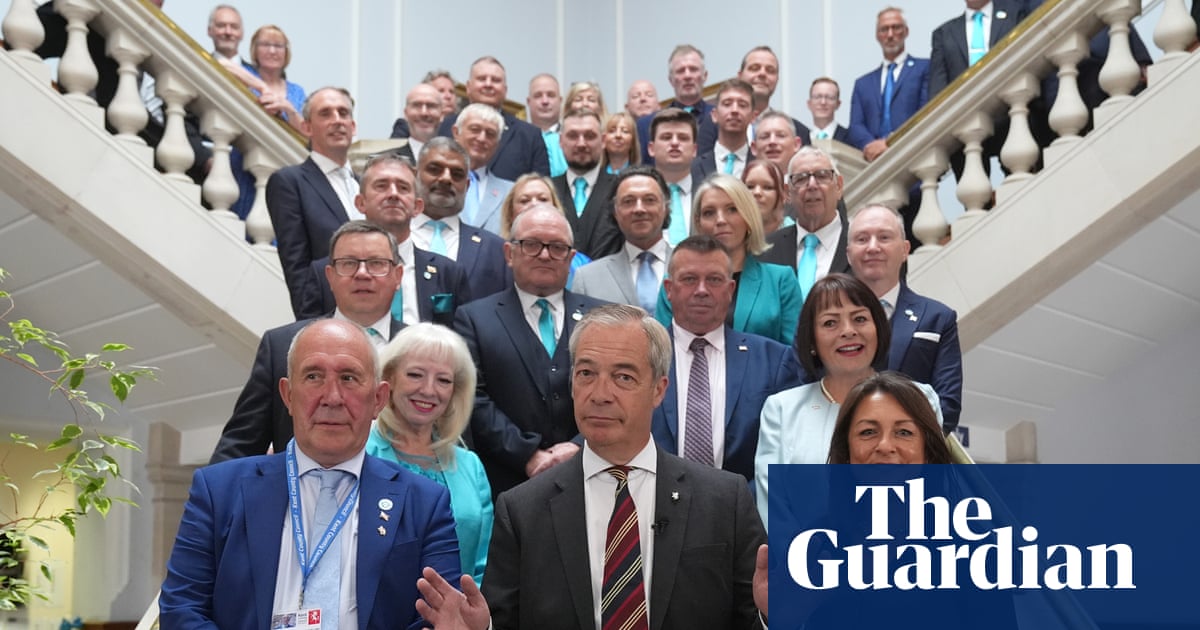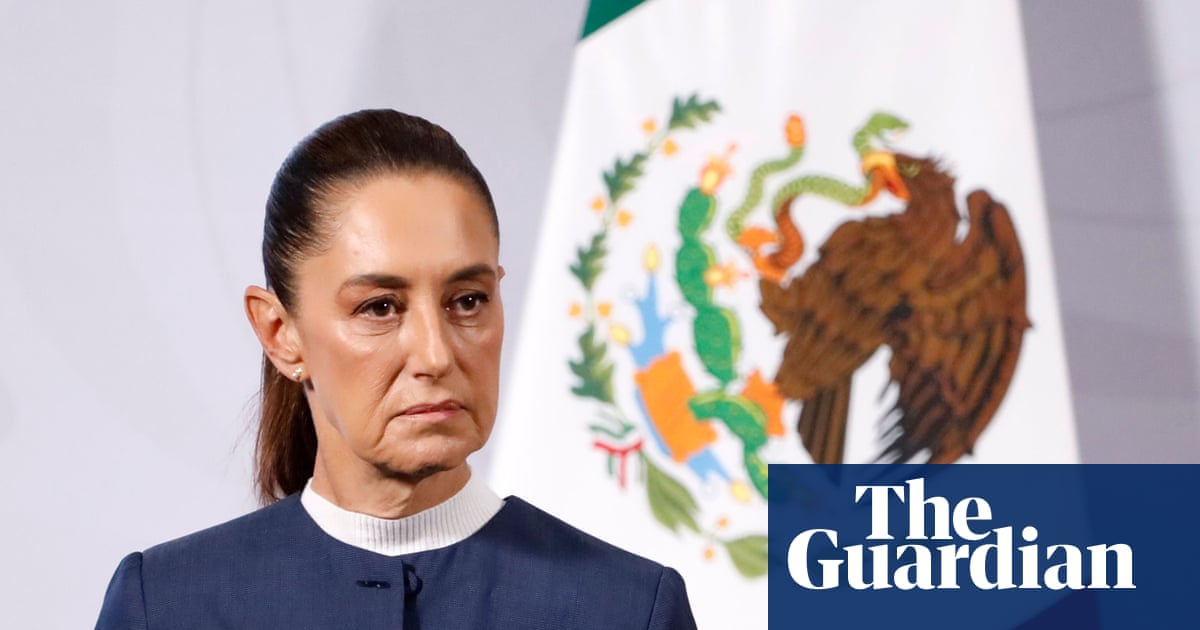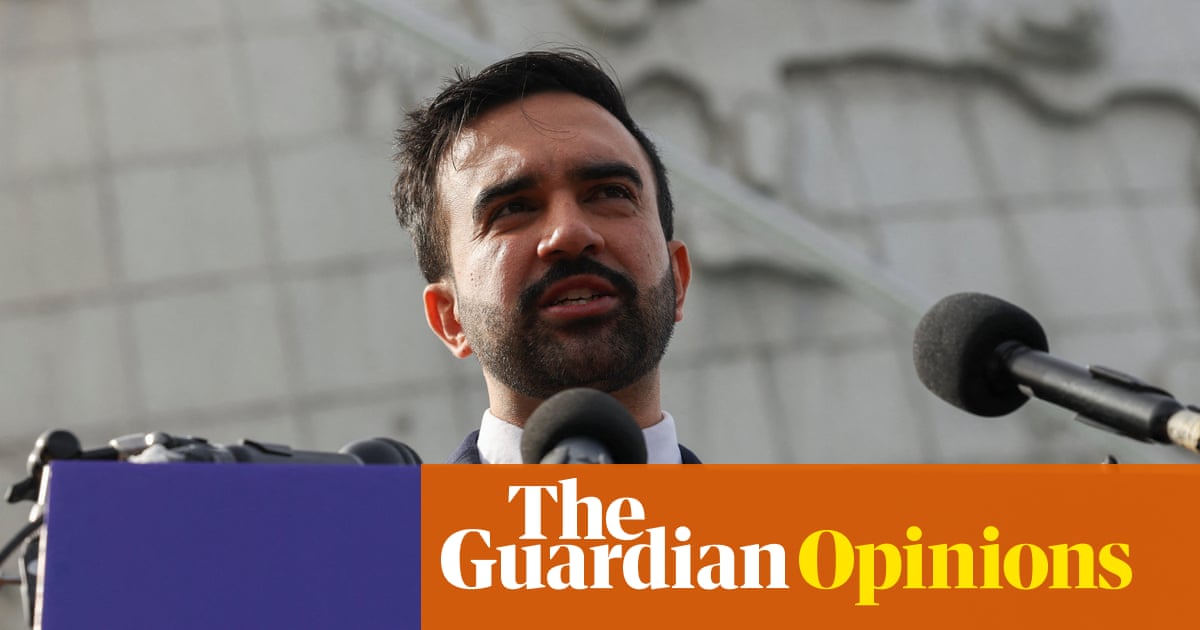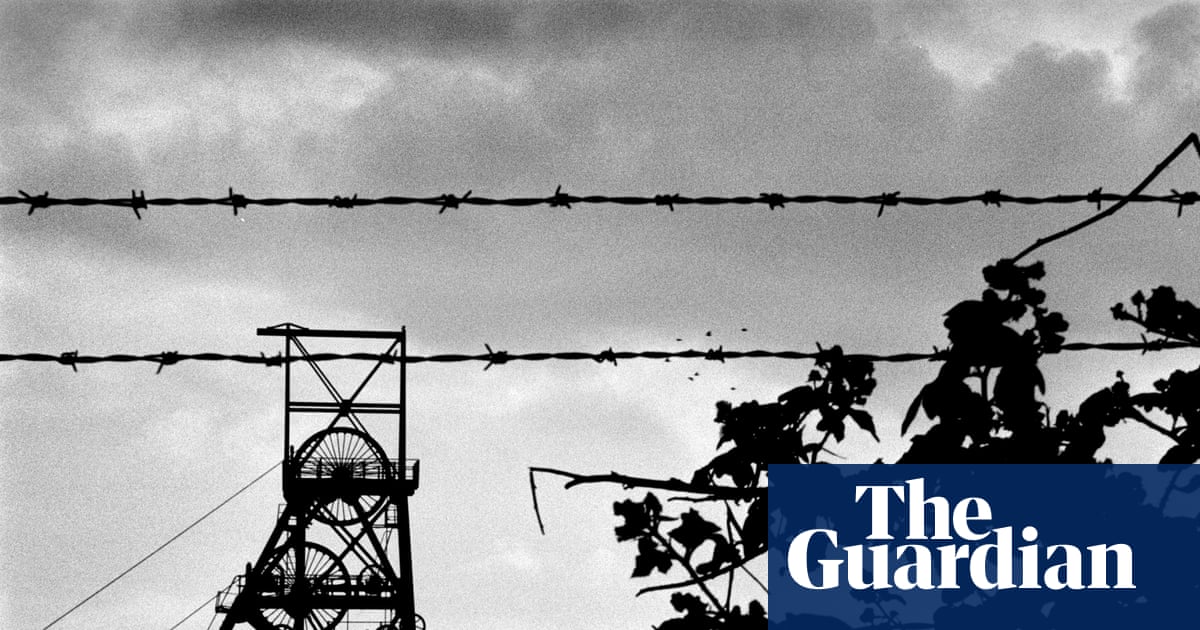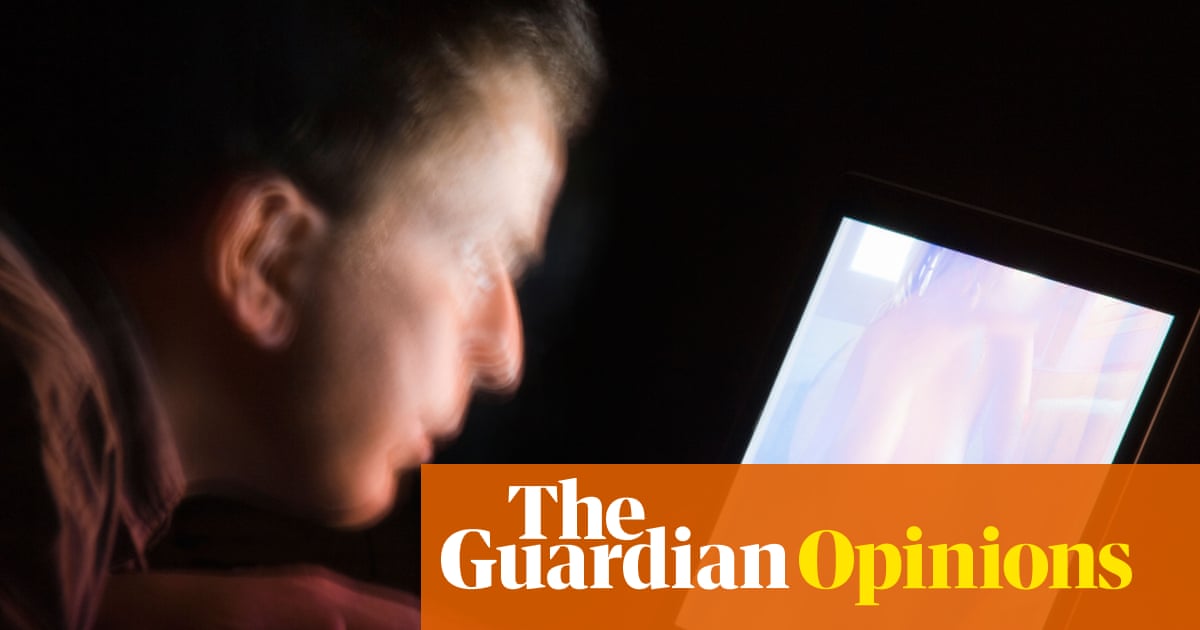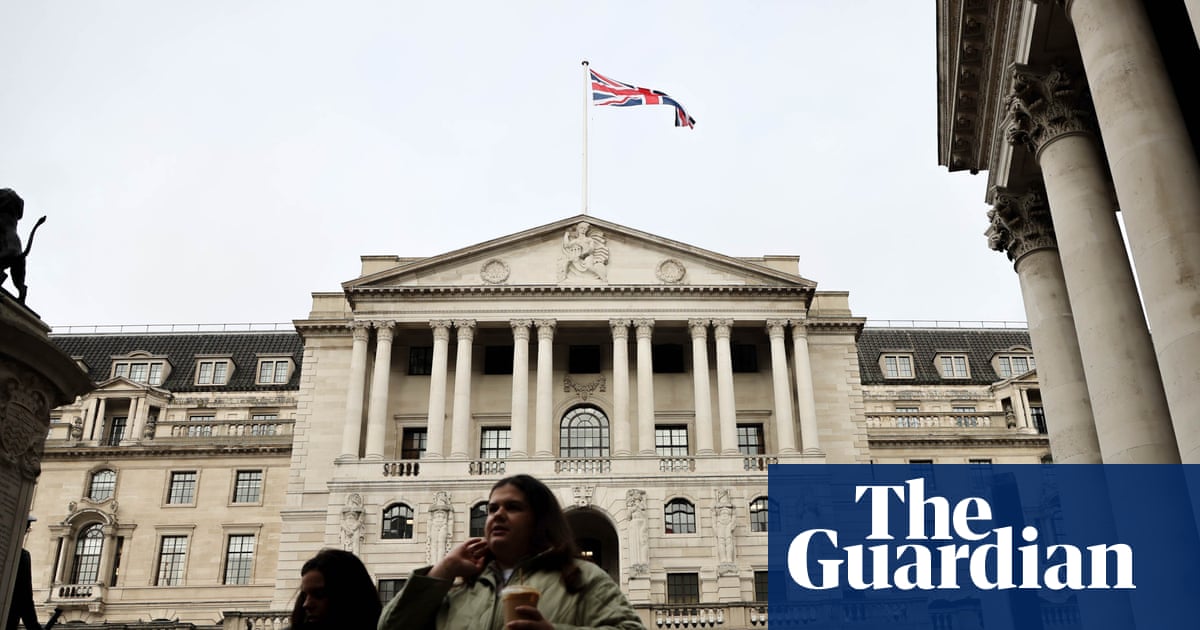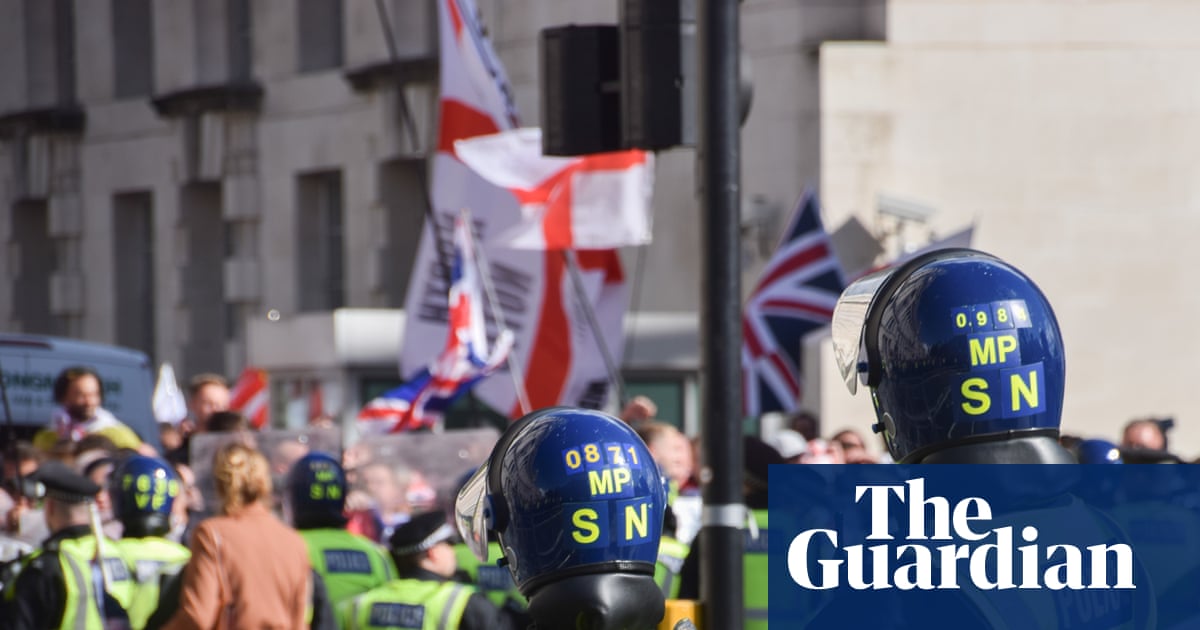The supreme court judgment on the application of the 2010 Equality Act has rendered the UK’s system of legal gender recognition entirely hollow. It has ruled that men like me who have gender recognition certificates are defined as women in equality law, which applies to organisations ranging from workplaces to public services and sporting bodies. Vice versa for trans women.
For context, the Gender Recognition Act 2004 was passed after the European court of human rights ruled that the “intermediate zone”, between two sexes, in which trans people were then forced to exist was – and, crucially, remains – unlawful. Under the Gender Recognition Act, I am male “for all purposes”, but the supreme court decided this is not the case under the Equality Act. In effect, it is not the case in public.
Having run what human rights organisations criticised as an unusually short six-week public consultation, the Equality and Human Rights Commission (EHRC) will soon update its code of practice about how this legal interpretation of the Equality Act will be applied. This will then go to parliament to be approved by ministers, as things stand, with no opportunity for debate.
Far from clarity, experts argue that the supreme court ruling has created legal uncertainty and contradiction and that the EHRC’s response has been highly questionable. Rather than despair, as understandable as that would be, many trans people live in hope that their MPs are fair, ethical people, who have simply not had the opportunity to fully understand any of this. Which is why, late last month, roughly 900 people travelled from as far as Scotland and Cornwall to queue outside parliament in punishing heat to meet them in person.
Many of those people were trans. Others were their loved ones, colleagues and allies. Westminster Hall and the lobby grew so busy that many never got inside. Those who hadn’t managed to pre-book a meeting with their MP queued again in the hubbub to “green card” their representative, an arcane system whereby a constituent requests their presence via a slip of green paper. Organisers were surprised by how many MPs spoke to, perhaps for the first time, someone who happened to be trans. Trans Solidarity Alliance’s director, Jude Guaitamacchi, described the conversations in stark terms: “It’s ‘Look me in the eye and tell me you’re willing to destroy my life’.”
This is known as a mass lobby, a direct and old-fashioned tactic for getting MPs’ attention. What choice do trans people have at this point? Over the past 10 years, their rights have been chipped away in Britain, their lives made increasingly difficult by anti-trans lobbyists with more influential connections and far more money. Systemic transphobia has captured our public institutions with terrifying speed. For its part, the supreme court refused to hear any interventions from trans people before deciding on its recent, devastating ruling.
Things were so different in 2016. When North Carolina passed a shocking “bathroom bill” banning trans people from using the correct bathroom, the Labour MP Ruth Cadbury told the Commons that “a bathroom bill would never be passed here in the UK”. In the same debate, the Conservative MP Caroline Dinenage welcomed a new NHS policy prescribing cross-sex hormones to young gender-variant people, acknowledging this was “consistent with international guidelines”, a description that, were it not for well-documented lobbying, would hold today.
Maria Miller, a former Conservative MP, cited fairer treatment of trans prisoners as progress “on which Britain leads the way”. Concluding, she said: “Better protecting trans people does not mean diminishing the protections in place for women. It is not a zero-sum game and we should not allow those who attempt to paint it as such, and who try to undermine the position and legitimate rights of trans people, to succeed.” What on earth has happened? Today, any MP who dared say that protecting trans people and protecting women go hand in hand would incur the wrath of politicians and commentators from the right to the centre left.
Perhaps current Labour ministers privately justify the state’s capitulation to the anti-trans lobby as political expediency. Perhaps they did the same when branding many peaceful protesters against genocide as terrorists. This government is making decision after decision that betrays its own principles and those of its actual voters, who will not be fooled again. It’s cold comfort that trans people are not alone in being thrown under the bus by a PM who promised an end to culture wars.
Maybe the growing number of MPs who feel betrayed by their leaders are reason for hope. They must find the courage to defend their trans constituents, too. Whether they cite the UK’s vertiginous slide down European LGBTQ+ rights rankings, the Council of Europe being asked to investigate the proposed implementation of the ruling or the contents of the more than 50,000 responses to the EHRC’s public consultation on its code of practice, they will not lack for evidence to back them up.
MPs who attended the mass lobby probably learned alarming things about what the EHRC’s code of practice might look like, based on the interim guidance it released in April, which is being challenged in the high cout by the Good Law project. They might have heard from the news or comment pages that women who are trans may be banned from women’s loos and shelters. What they probably did not hear is that the EHRC’s interim guidance also says a women-only gardening club with more than 25 members will be legally required to exclude a trans woman, even if she’s legally a woman, and even if her fellow members want her there.
Perhaps you’re just learning this, too. If so, pause a moment longer to consider what this would mean. This guidance, were it to become legally enshrined, would rob citizens, trans and otherwise, of the freedom to choose whom they associate with and to recognise others for who they truly are.
It not only takes away trans peoples’ right to define themselves in relation to their families and friends, but the freedom of those families and friends too. Does someone married to a trans woman no longer have a wife? Does the mother of a trans son, against her better knowledge, now have a daughter?
What does this say about the courts’ and government’s readiness to curtail the freedoms of other minorities that, through no fault of their own, become politically inconvenient?
The fight for trans safety is a fight for everyone’s safety, whatever your identity, however you present, whatever your beliefs. The decade-long campaign against trans people is not about anyone’s safety. It is exactly what it looks like: an organised effort to drive a tiny minority from public life, back into the closet.
Do not let yourselves be fooled. MPs, consider what has changed since 2016 (hint: it isn’t trans people), listen to what you heard at the mass lobby, heed the 100,000 who marched for London trans pride last weekend. The EHRC’s proposals must be properly challenged and debated. This is a litmus test for the country’s soul, wounded as it is, though not yet dead.
-
Freddy McConnell is a freelance journalist

 3 months ago
159
3 months ago
159
